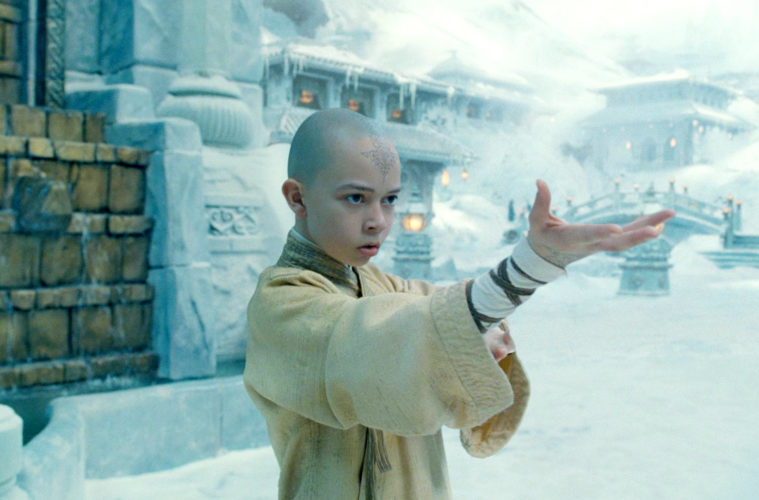
Dailies is a round-up of essential film writing, news bits, and other highlights from our colleagues across the Internet — and, occasionally, our own writers. If you’d like to submit a piece for consideration, get in touch with us in the comments below or on Twitter at @TheFilmStage.
At Avatar Spirit, a user claiming to be part of The Last Airbender production staff gives a detailed behind-the-scenes account:
Production wrapped 5 years ago so I don’t think Paramount is going to care. They know it bombed. What it came down to was M Night really was the only one who knew the show and what he was doing (the first draft of the screenplay? gorgeous. hence Bryke giving him the okay). The producers, who are actually in charge of at least 80% of production including casting…. not so much. They clearly never bothered to watch the show, nor had the ghostwriter who did the final screenplay.
As Dustin Hoffman celebrates his birthday, watch a featurette on the making of All the President’s Men:
At To Be Cont’d, Danny King closes out a conversation Todd Haynes discussing his use of perspective:
In my previous piece, I remarked briefly on a particular image–a tracking shot across endless rows of suburban houses–that has recurred in Todd Haynes’ filmography. If this flourish seems to concern itself primarily with setting and theme, there’s another in Haynes’ arsenal that gets at the questions you posed in your concluding paragraph: a roving POV shot inhabiting the first-person perspective of a character. As we have established, external forces (culture, history, family, the home) exert so much force on the people that populate his films that it can’t help but be surprising when he aligns his camera fully with the internal state of one of his characters.
At Criticwire, Max O’Connell on why some movies shouldn’t be explained:
Whenever a particularly surreal or confusing movie is released, the first instinct of the viewer might be to ask what the hell it was all about. Go to the message board for any David Lynch movie and you’re bound to come across someone either asking for an answer or claiming to have one. Denis Villeneuve’s psychological thriller “Enemy” is among the latest films seemingly begging for someone to solve them, but maybe that’s not the best approach to watching it. Scott Meslow of The Week wrote an article tackling the film’s bizarre imagery and maddening ending, and why finding an airtight explanation for the film is missing the point.

